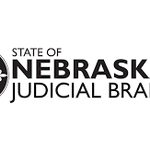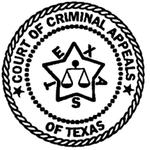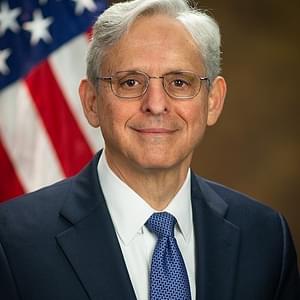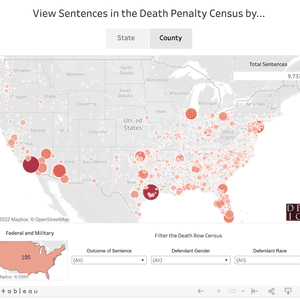
NEWS (4/17/20) — Nebraska: The Nebraska Supreme Court has upheld the conviction and death sentence of Patrick Schroeder in the killing of his cellmate at Tecumseh State Prison in 2017. Schroeder was serving a life sentence for murder at the time. Because of prison overcrowding, Schroeder and his cellmate had been housed together in a 10-by-12 foot solitary confinement cell.
At trial, Schroeder waived his right to counsel, pled guilty without a plea agreement, waived a jury determination of whether aggravating circumstances existed that would make him eligible for the death penalty, and presented no mitigating evidence in his penalty hearing. He asked for the death penalty, saying that he would kill again if he was sentenced to life imprisonment. Represented by counsel in his automatic direct appeal, the state court rejected Schroeder’s argument that the trial proceedings had “insufficient safeguards to prevent arbitrary results.”
Paul Hammel, Supreme Court upholds death sentence for Tecumseh inmate who killed cellmate, Omaha World-Herald, April 17, 2020; Nebraska Supreme Court upholds death sentence for inmate, Associated Press, April 17, 2020.

NEWS (4/16/20) — Florida: The Florida Supreme Court has upheld the death sentences imposed on Anthony Ponticelli on two counts of murder, although three jurors had voted for life imprisonment on both counts. The court ruled that because the jurors had unanimously voted to convict on both charges, they had unanimously found that Ponticelli was eligible for the death penalty.
On January 24, 2020, the Florida Supreme Court “receded” from its prior rulings that the state and federal constitutions required a unanimous jury vote for death before the trial judge could impose a death sentence and retroactively applied that decision to cases that would have been granted a new sentencing hearing under the prior decisions. However, Ponticelli would have lost his challenge even before the court changed the law, because his direct appeal had been completed before the old law’s June 2002 cut-off for requiring unanimous jury votes for death.

NEWS (4/15/20) — Texas: The Texas Court of Criminal Appeals (TCCA) has accepted the ruling of the Red River County District Court that death-row prisoner James Henderson is intellectually disabled, and has resentenced him to life without parole.
Henderson’s was one of the cases in which the Texas courts had previously denied relief, applying a standard for determining intellectual disability that the U.S. Supreme Court struck down in Moore v. Texas as unconstitutionally restrictive. After Moore was decided, the TCCA returned the case to the trial court for a determination of whether Henderson qualified as intellectually disabled under the appropriate diagnostic criteria. The parties agreed that he was intellectually disabled and the trial court credited that evidence.

NEWS (4/14/20) — Arizona: The Arizona Supreme Court has upheld the conviction and death sentence of John Allen for locking ten-year-old Ame Deal in a box overnight, where she died of suffocation. The court ruled that Allen was eligible for the death penalty even if he did not intend to kill the child because, irrespective of his intent, his actions had in fact killed the girl or he was a major participant in committing felony child abuse and his acts exhibited reckless indifference to whether she lived or died.

NEWS (4/14/20) — Missouri: The Missouri Supreme Court has upheld a St. Louis County trial court’s ruling denying death-row prisoner Vincent McFadden’s post-conviction challenge to his conviction and death sentence. The court, which had overturned McFadden’s conviction and ordered a retrial in 2007, held that McFadden’s lawyers had not been ineffective in failing to present evidence of brain damage and neuropsychological impairments.


